Dream Psalm
February 13, 2019You wake me to the all and the every,
You breathe me to your shattering stillness,
Walk me to the brink of the dream
That jerks alert. You, the nurturing darkness

You wake me to the all and the every,
You breathe me to your shattering stillness,
Walk me to the brink of the dream
That jerks alert. You, the nurturing darkness
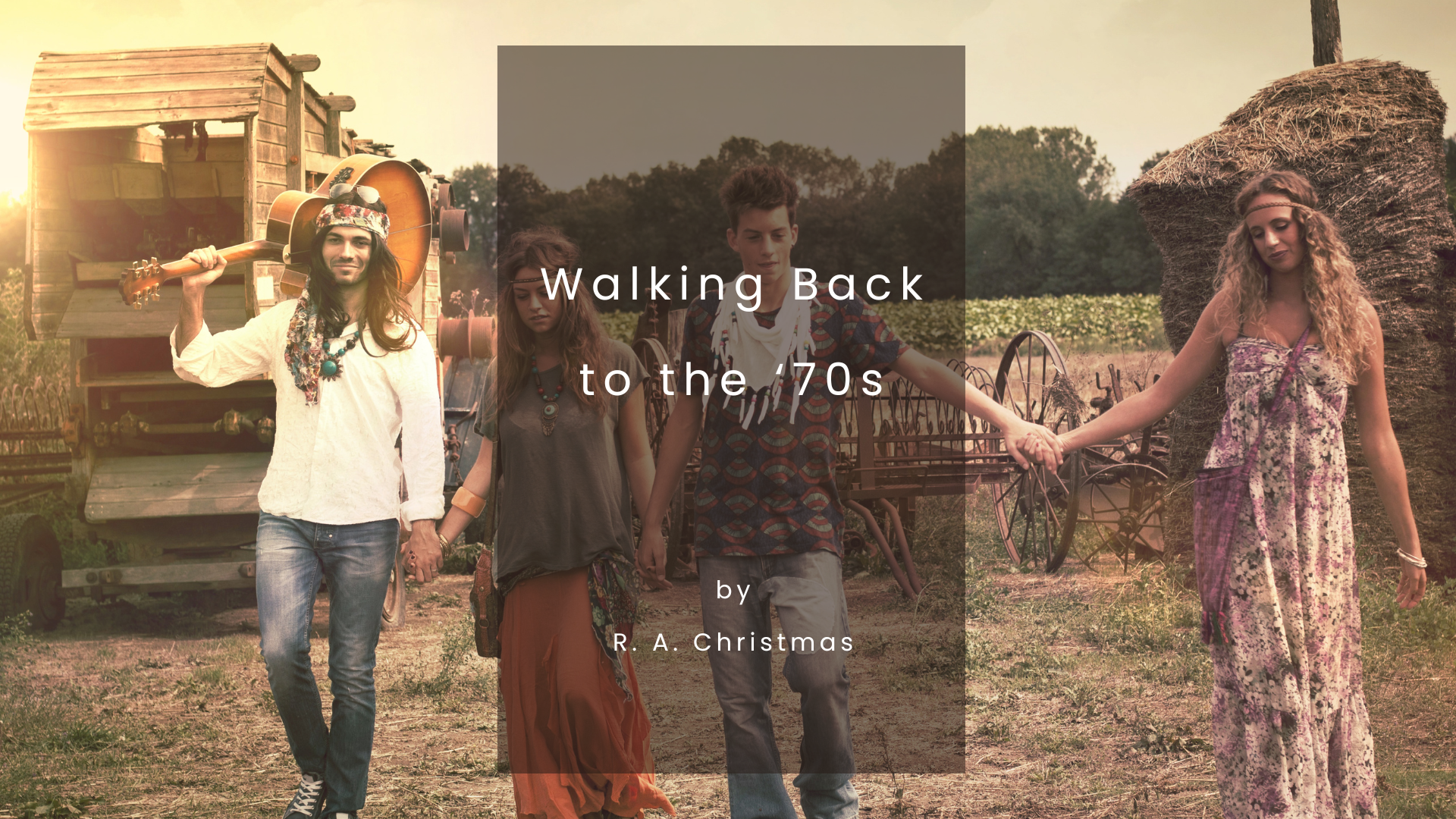
Remember, it’s a Covenant Path.
On our way we must keep hearts
and minds—as Brigham said—
“riveted on the cross of Christ.”

Your body disrupts the narrative:
Jairus—unaccustomed to want—
calls Jesus to pull his daughter
from death. Jesus comes, touches
the girl; she rises. Just like Jairus
rehearsed it.
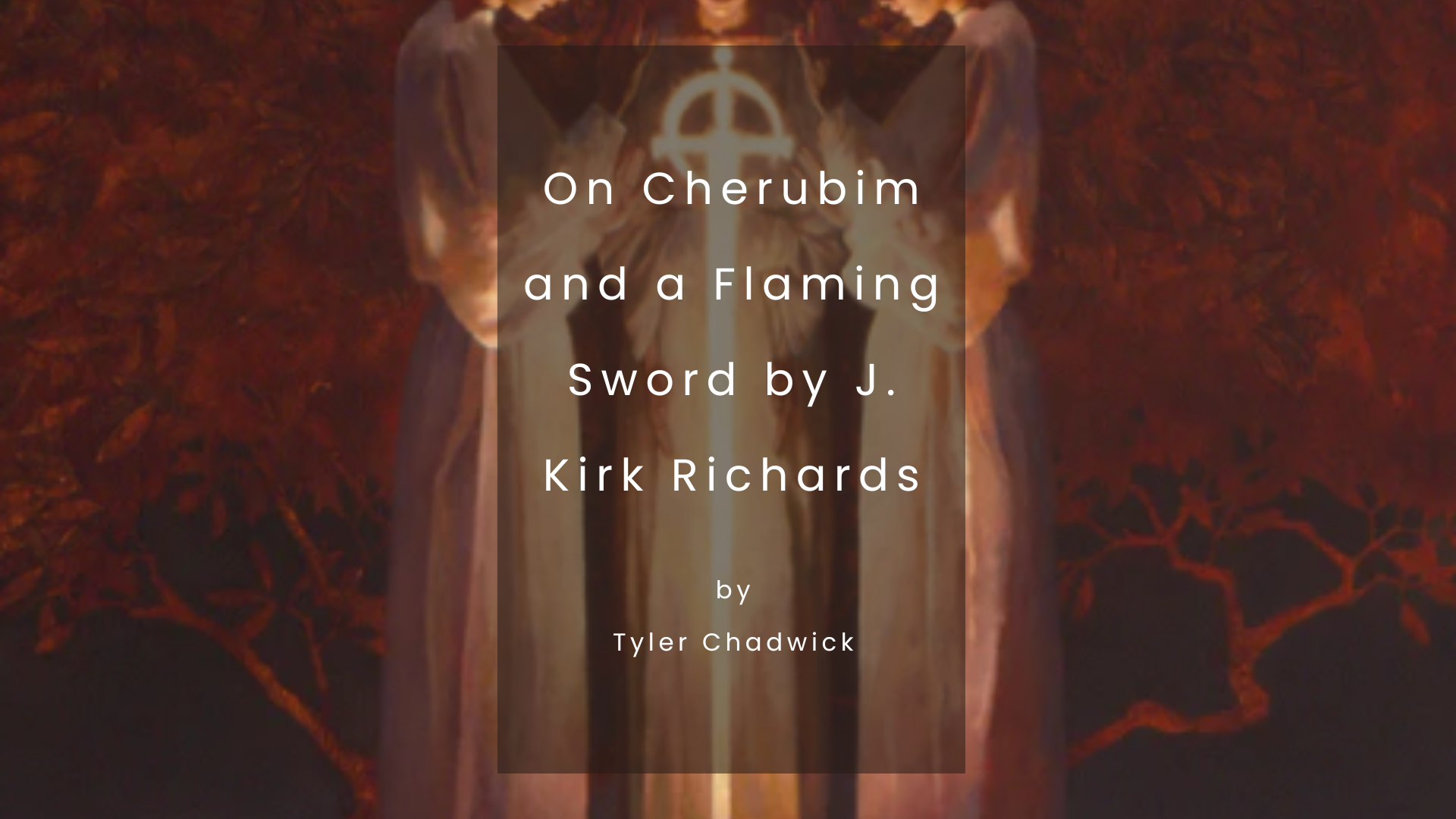
Like moths summoned by the gravity of light,
figures lean beneath sinuous white robes, their
point of communion is clear: hands in line with
the flame—its blade toward the earth’s unhealed
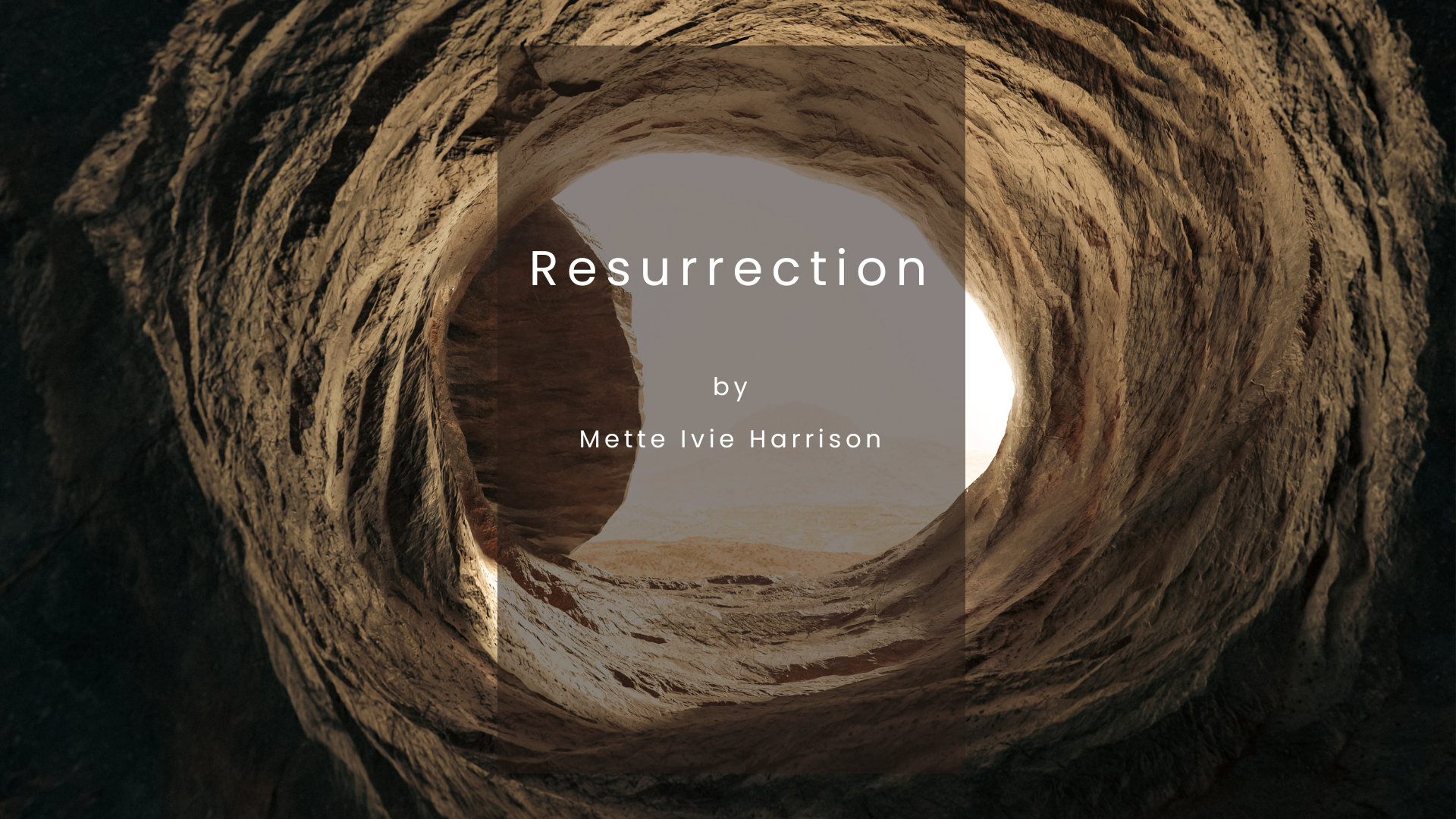
Since he was a child, he’d dreamed of himself in one form and woken up, always disappointed, always jolted by the reality and by the way that others looked at him. In the first years,…
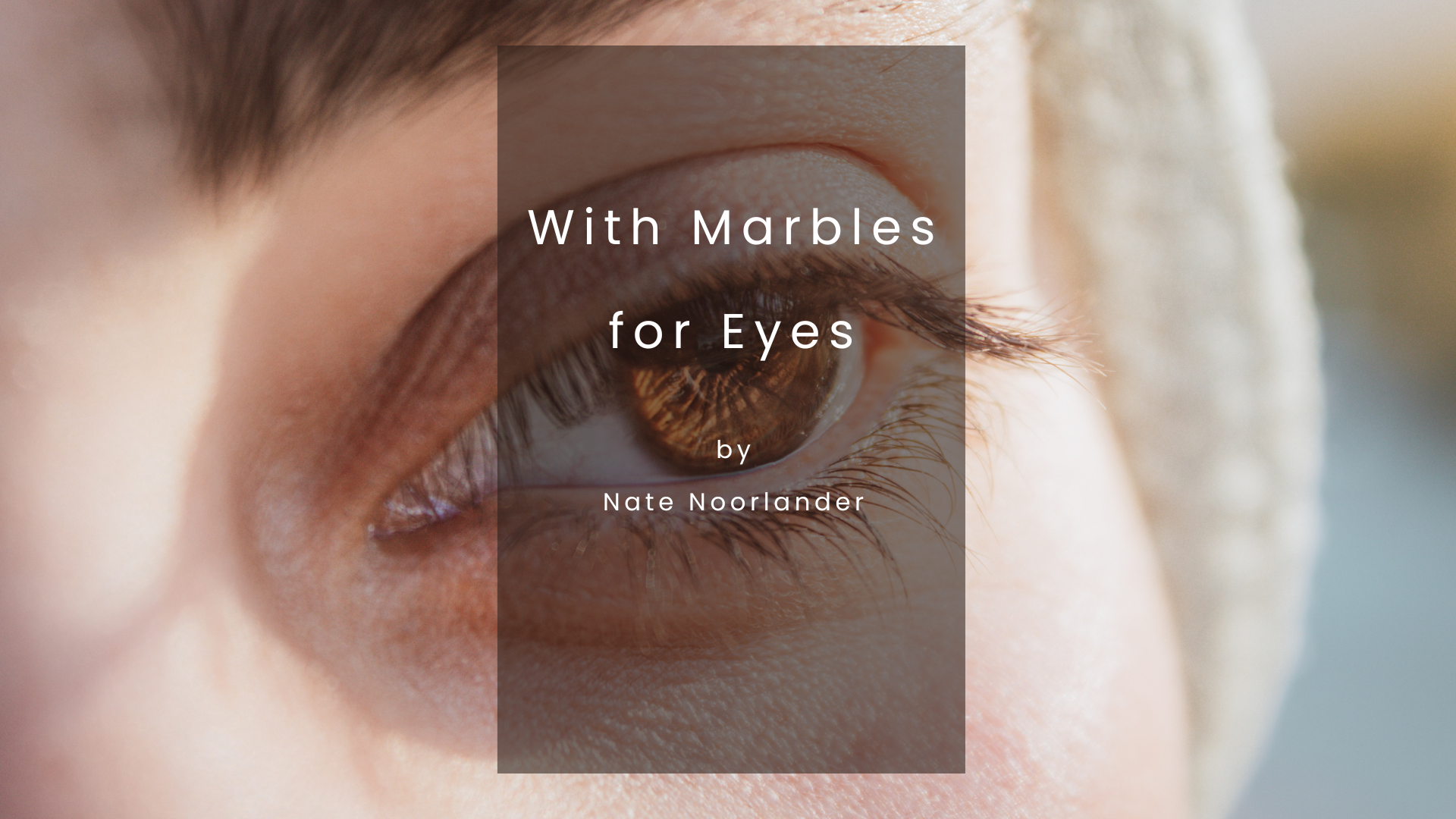
As they crested the final hill into town, the speed limit dropped and the noise from the tires was quieter and less constant. Travis looked out Sarah’s window and she looked at him like he…
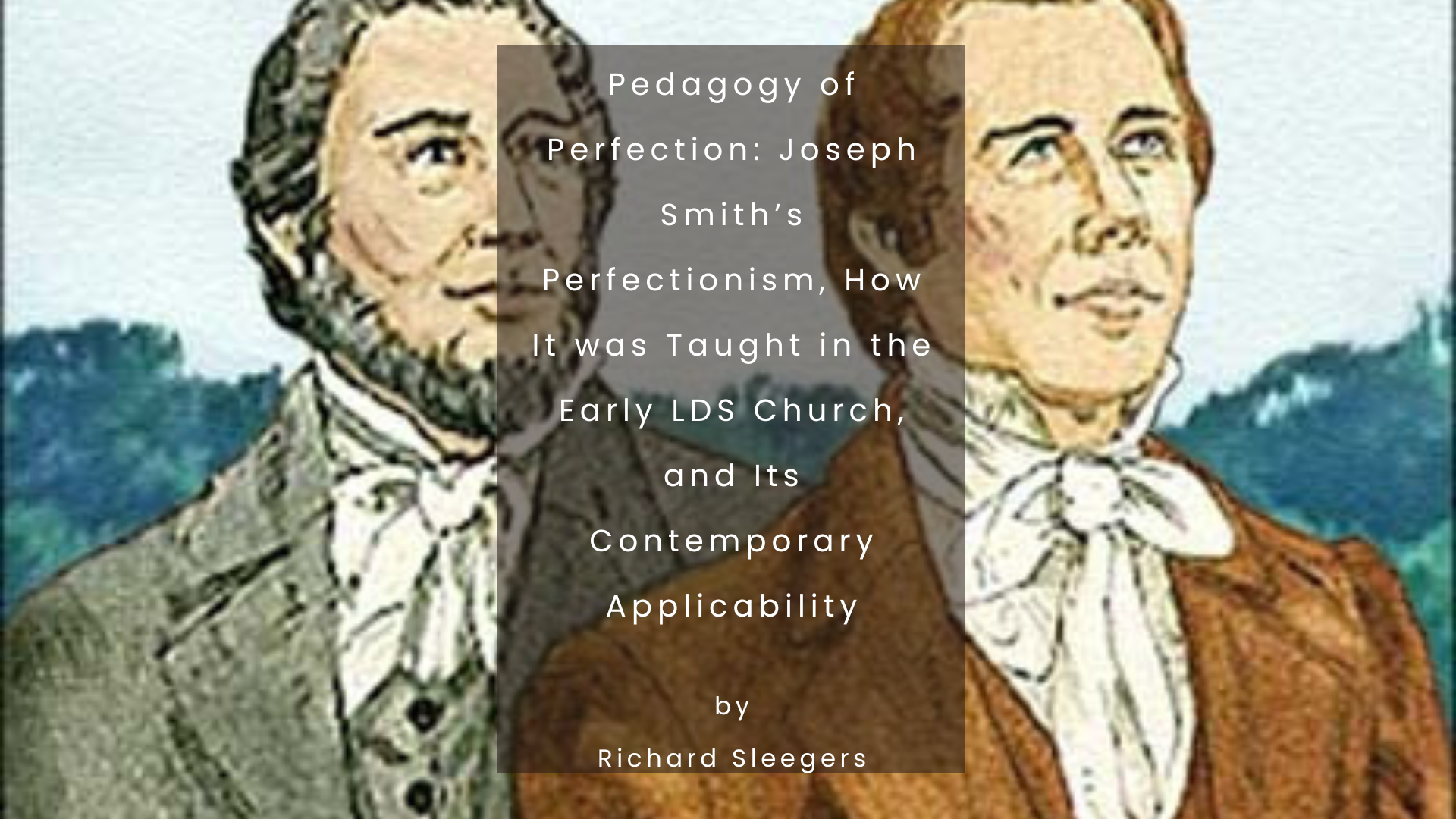
Dialogue 51.4 (Winter 2018): 105–143
Richard Sleegers contrasts 19th century Protestant teachings about salvations to what Joseph Smith taught about life after death.
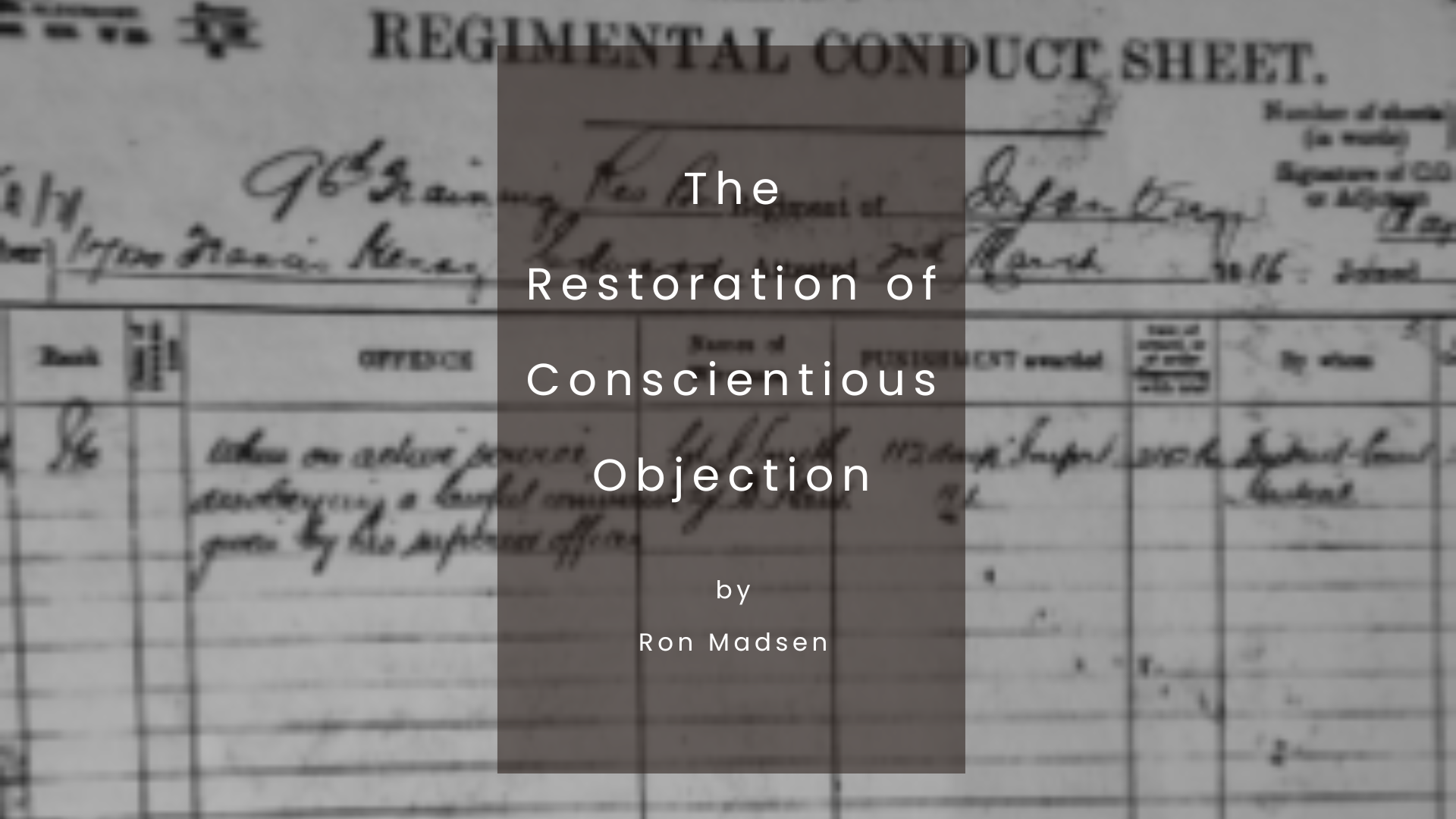
In 298 CE, Marcellus, a Roman centurion, was converted to Christ while serving with his unit in Northern Africa. A respite from conflict was taken to celebrate the pagan Roman emperor’s birthday and pledge allegiance to the empire. Marcellus rose before the banqueters, cast off his military insignia, and cried out: “I serve Jesus Christ the eternal King. I will no longer serve your emperors.”
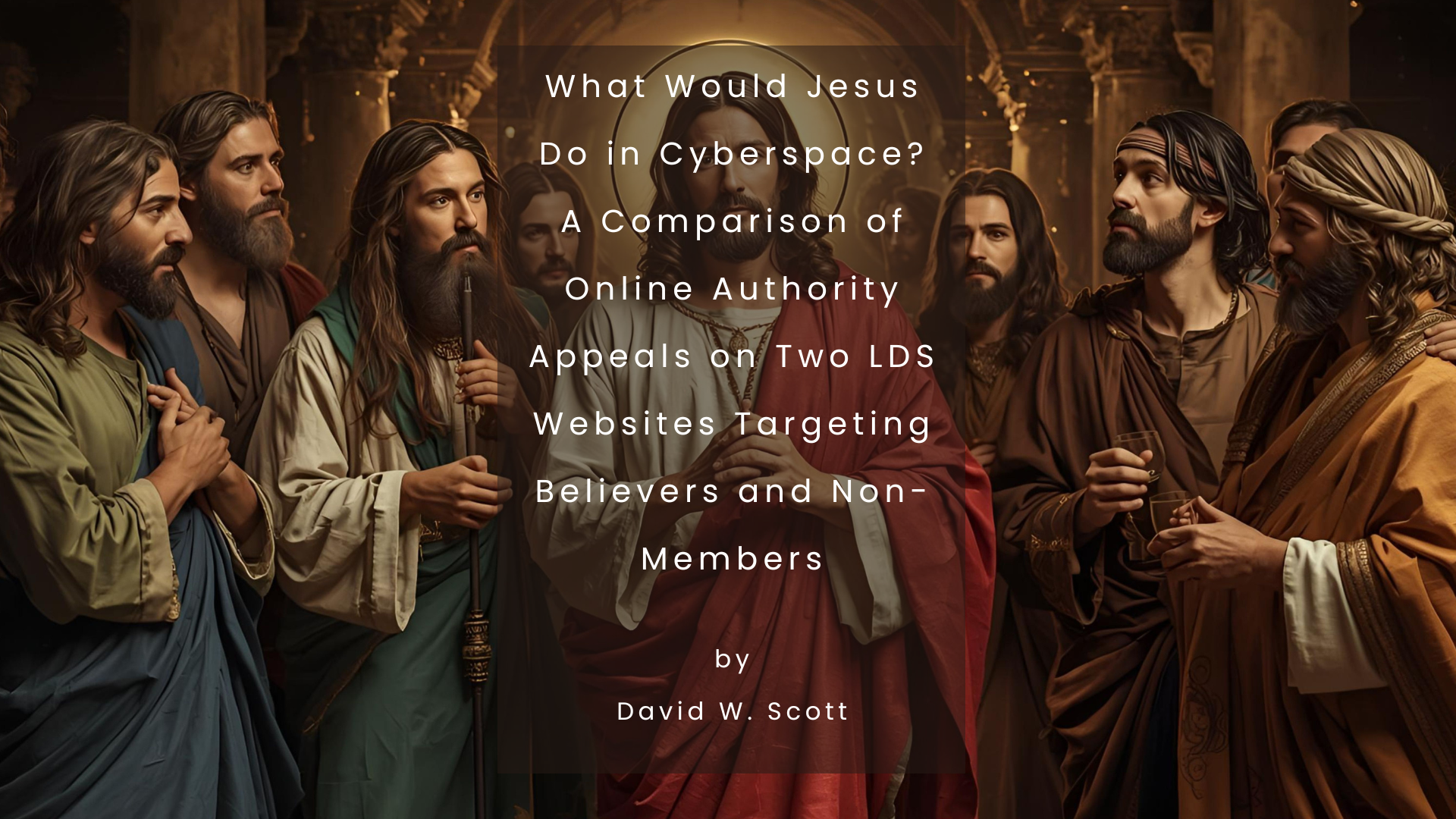
Religious practice is shifting from churches to the internet in what some critics call a “post-denominational era.”One early commentator predicted that “the web would reduce us to a virtual community of believers practicing a kind of ‘McFaith’—fast, convenient, but hardly nourishing.”
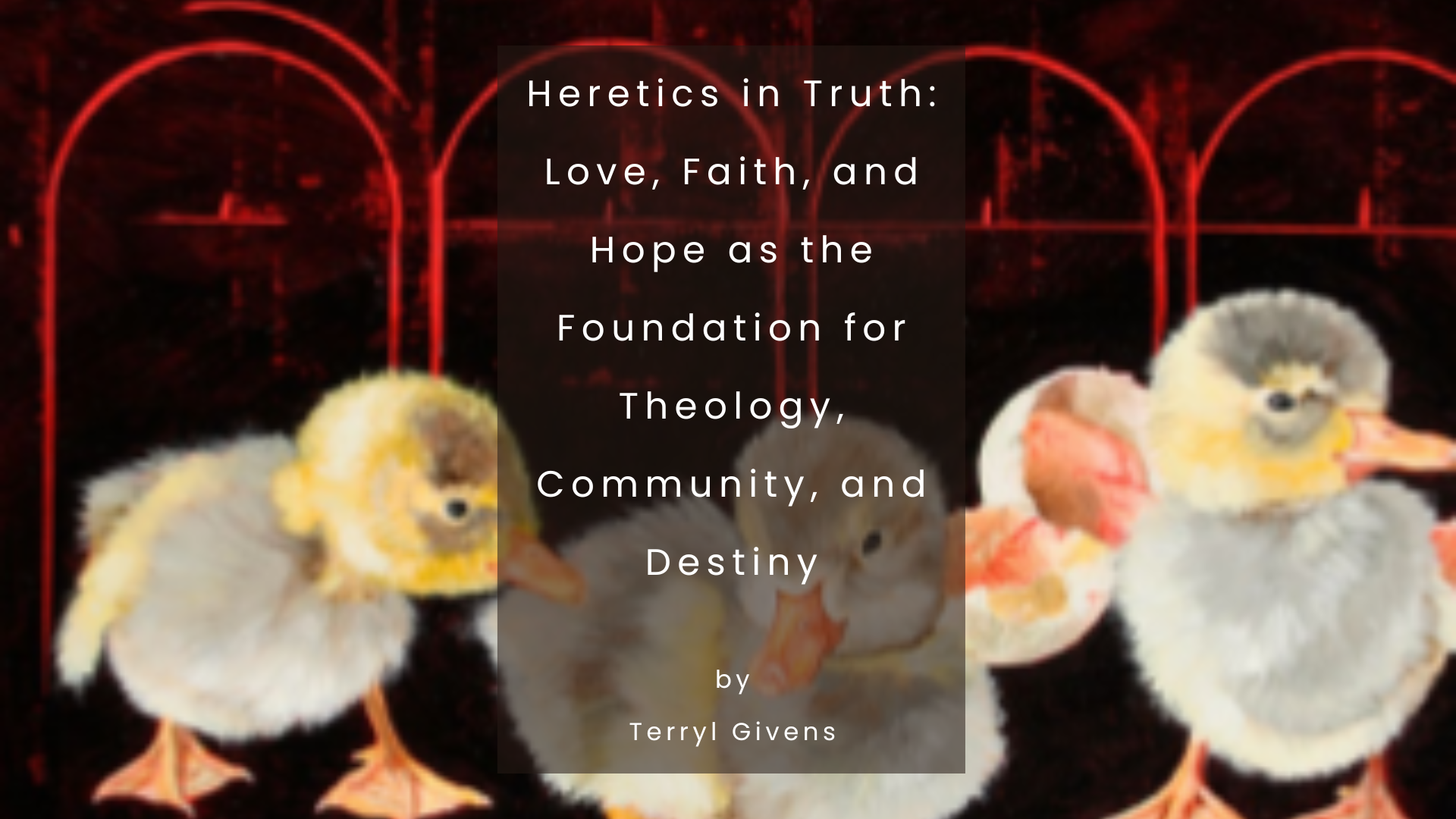
I want to begin with a passage of startling—and unsettling—insight, from John Stuart Mill:
There is a class of persons . . . who think it enough if a person assents undoubtingly to what they think true, though he has no knowledge whatever of the grounds of the opinion. . . . This is not knowing the truth. Truth, thus held, is but one superstition the more, accidentally clinging to the words which enunciate a truth.